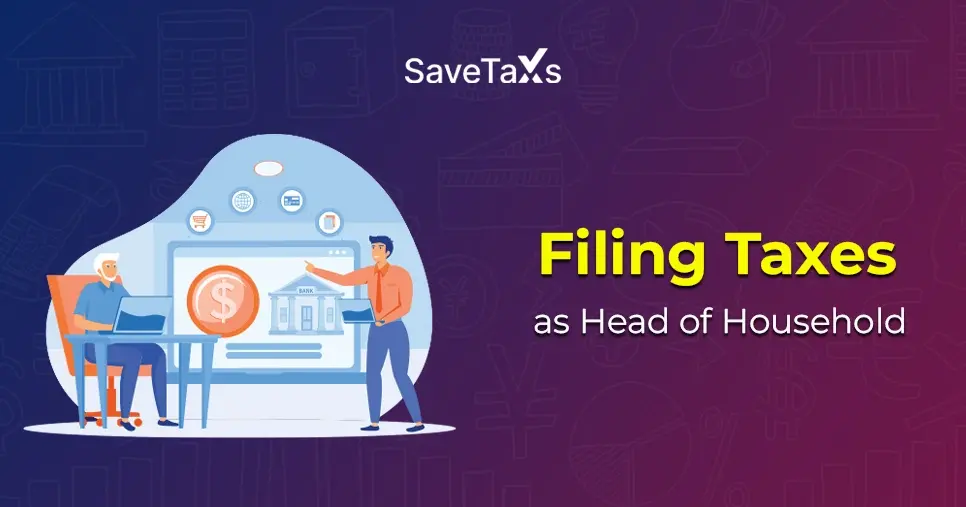- What are Sovereign Green Bonds (SGrBs)?
- What is IFSC?
- What are the Benefits of Investing in Sovereign Green Bonds?
- What are the Eligibility Requirements to Invest in SGrBs?
- How to Invest in Sovereign Green Bonds as an NRI Through IFSC?
- What are the Tax Implications for NRIs Investing in SGrBs?
- What are the Risks and Limitations to Consider When Investing in SGrBs?
- Example of NRI Investment in SGrBs Through IFSC
- The Bottom Line
Sovereign Green Bonds (SGrBs) were introduced in the 2022-23 Union Budget of India. These are government-issued bonds, specifically introduced to finance projects with a positive environmental impact. The primary aim of these debt instruments is to raise funds for green infrastructure projects. These bonds are a part of the government's commitment to sustainable development.
An NRI (Non-Resident Indian) can now invest in these bonds through the IFSC (International Financial Service Centre). In this blog, we will discuss what SGrBs are, their purpose, benefits, and how an NRI can invest in them through IFSC.
- Sovereign Green Bonds are bonds issued by the government to fund projects that benefit the environment.
- The RBI has stated the guidelines for issuing SGrBs, and an NRI can now invest in these bonds through IFSC.
- IFSC (International Financial Services Centre) is a global financial hub where SGrBs are traded and settled.
- NRIs, OCI, PROIs, FPIs, retail investors, and IFSC Banking Units are eligible to invest in Sovereign Green Bonds.
- If the bond is treated as STCG (Short-Term Capital Gains), it will be taxed at 20%. If the bond is treated as LTCG (Long-Term Capital Gains), it will be taxed at 12.5%.
What are Sovereign Green Bonds (SGrBs)?
Sovereign Green Bonds (SGrBs) are debt instruments that are issued by the government, similar to traditional sovereign bonds. However, the proceeds for these bonds are used to finance projects that benefit the environment, such as renewable energy, sustainable land, climate change mitigation, etc.
The Reserve Bank of India (RBI) provided the guidelines related to issuing sovereign green bonds. SGrBs are available to various investors, including NRIs, OCIs (Overseas Citizen of India), retail investors, foreign portfolio investors (FPIs), etc.
An NRI is now allowed to invest in these bonds through the IFSC (International Financial Services Centre). Let's understand what an IFSC is.
What is IFSC?
The IFSC (International Financial Services Centre) is a global financial hub where SGrBs' bonds are traded and settled. The RBI (Reserve Bank of India) and the IFSCA (International Financial Services Centre Authority) launched a scheme permitting eligible foreign investors to invest in SGrBs.
This new scheme is introduced to attract foreign capital into India's green financial initiative, such as GIFT City. IFSC GIFT City (Gujarat International Finance Tec-City) is an initiative introduced by the Gujarat Government and the Indian Government to begin a top financial hub in the country.
What are the Benefits of Investing in Sovereign Green Bonds?
Investing in Sovereign Green Bonds offers several benefits to the NRI, government, investors, and the environment, including:
- Reliable Fund Source: These bonds provide the government with a reliable source of funds for critical green projects.
- Low Credit Risk: SGrBs are secured by the Indian government, so you can ensure minimal credit risk.
- Strengthen Portfolio: Investors can diversify their portfolio by including a socially responsible element to their portfolio without increasing any risk.
- Reduced Costs for Borrowing: Unlike traditional bonds, SGrBs offer the government reduced costs of borrowing because of high investor demand and their positive impact on the environment.
- Interest Rates on SGrBs: SGrBs offer attractive interest rates ranging from 7.1% to 7.4%, higher than the interest rates offered by NRO deposits, which are 3-7%.

What are the Eligibility Requirements to Invest in SGrBs?
The Reserve Bank of India (RBI) has outlined the eligibility requirements for investing in an SGrBs. This is to ensure that these bonds are available to both domestic and international investors. Here is who is eligible to invest in sovereign green bonds:
- Non-Resident Indians (NRIs): An NRI can invest in SGrBs as specified securities under the FAR (Fully Accessible Route).
- Overseas Citizens of India (OCIs): OCIs are also allowed to invest in these bonds.
- Persons Resident Outside India (PROIs): PROIs are a wider category than NRIs who also qualify to invest in SGrBs.
- Foreign Portfolio Investors (FPIs): FPIs are also allowed to invest in SGrBs under the FAR.
- Retail Investors: The residents of India can invest directly via the RBI Retail Direct website or a brokerage firm.
- IFSC Banking Units: Banking units running in international financial services centres (IFSCs) without any physical presence in India can invest in SGrBs.
- Fund Management Entities under IFSCA: Funds set up as management entities under IFSCA (International Financial Services Centres Authority), even without an Indian presence, are eligible.
- Financial Institutions Without Indian Presence: Any financial institution or its branch that does not have a presence in India or doesn't originate from high-risk jurisdictions can invest.
How to Invest in Sovereign Green Bonds as an NRI Through IFSC?
On the 29th of August, 2024, the Reserve Bank of India (RBI) declared that NRIs can now invest in SGrBs via the IFSC (International Financial Services Centre) situated in Gandhinagar, Gujarat. Under this new scheme, an NRI can take part in the trading and settlement of such bonds under the FAR (Fully Accessible Route).
Retail investors can also invest in these bonds through non-competitive bidding through a retail direct gift account (RDG) or via an eligible aggregator/facilitator.

What are the Tax Implications for NRIs Investing in SGrBs?
You need to understand the specific tax implications of investing in SGrBs, which might differ depending on several factors. It can include the investor type, holding period, and method used to sell or redeem. The rules for taxation of SGrBs align with government policy. Here are the tax implications that apply to Sovereign Green Bonds:
For SGrBs in IFSC (International Financial Services Centre)
Under some specific conditions, gains acquired from SGrBs traded by a non-resident in IFSC may not be subject to taxation. However, tax treatment for SGrBs in IFSC will depend on the developing guidelines from the IFSCA (International Financial Services Centres Authority).
- Potential Tax-Free Gains in GIFT City IFSC: SGrBs traded in GIFT City IFSC may avail of the exemption benefits that are available for non-residents under some situations. For non-resident trading SGrBs in IFSC, representations are being introduced to exempt capital gains, aligning with other exemptions available in the zone.
For Retail Investors (NRI and Residents): If Sold on the Stock Exchange (NSE)
- Short-Term Capital Gains (STCG): If you sell the bond within the 12 months, the proceeds will be treated as STCG and will be taxed at 20% (for sales on or after July 23, 2024).
- Long-Term Capital Gains (LTCG): If you hold the bond for more than 12 months, LTCG is taxed at 12.5% (for sales on or after 23rd July, 2024). Remember that indexation benefits for SGrBsa cannot be availed as it was removed as of 23rd July, 2024.
- If Redeemed at Maturity: The interest gained from SGrBs is taxed according to the investor's applicable tax slab. While redeeming, any gain or loss is treated as either a capital gain or a capital loss, depending on the holding period.
What are the Risks and Limitations to Consider When Investing in SGrBs?
Investing in Sovereign Green Bonds may be beneficial for NRIs; however, it comes with some risks and limitations as well. Here are the risks and limitations that an NRI must consider related to taxation, market liquidity, greenwashing, etc.
- Greenwashing: The projects funded by these bonds, with the motive to provide environmental benefits, might be overstated or misrepresented. It's vital to research the effect of the projects funded by these bonds.
- No Tax Benefits: Although SGrBs provide environmental benefits, it doesn't offer any specific tax benefits. The interest received on these bonds is taxed as per your income tax slab.
- Credit Rating: For a government seeking international investors, the attractiveness of SGrBs is primarily influenced by the country's credit rating, showcasing the overall risk of investing in such bonds.
- Limited Liquidity: SGrBs are listed on exchanges, but it's not necessary that they are as liquid as other investment instruments. You must be prepared to hold these bonds until maturity.
Example of NRI Investment in SGrBs Through IFSC
Harsh is an NRI living in Dubai. He invested Rs. 10 lakhs in a 5-year Sovereign Green Bonds through IFSC Unit of a certified bank in India at 7.10% p.a., with a holding period of 3 years.
So, the interest he will earn is Rs. 71,000 per year, which will be exempt from taxation in India. When he sells it after 3 years at Rs. 10.5 lakhs, he gains Rs. 50,000. Now, it will be taxed as STCG at 30%, which would be Rs. 15,000. The net proceeds he will receive would be Rs. 10.35 lakhs + Rs. 2.13 lakhs (interest).
Result: Total post-tax gain Rs. 71,000*3 (interest) + Rs. 35,000 (capital gain) = Rs. 2.48 lakhs. He is allowed to transfer the funds to an NRE account via the IFSC route.
The Bottom Line
If you are an NRI who wishes to invest in India's green economy, Sovereign Green Bonds come up with a promising opportunity for them. SGrBs are an attractive option for those who wish to be responsible towards the environment while aligning with their financial goals. Although there are no immediate tax benefits, government backing, competitive interest rates, and sustainability make them worth considering.
Furthermore, you must seek expert assistance when investing in SGrBs as an NRI to access these bonds easily. Savetaxs is one such expert who has been helping NRIs with the best taxation consultancy services in India. We have a team of experts who bring more than 30 years of expereince.
They will guide you in understanding everything related to SGrBs and determine the tax implications that come along. We will ensure that you stay compliant while fulfilling your environmental responsibility. Contact us today, as we are working 24*7 across all time zones.

Mr Manish is a financial professional with over 10 years of experience in strategic financial planning, performance analysis, and compliance across different sectors, including Agriculture, Pharma, Manufacturing, & Oil and Gas. Mr Prajapati has a knack for managing financial accounts, driving business growth by optimizing cost efficiency and regulatory compliance. Additionally, he has expertise in developing financial models, preparing detailed cash flow statements, and closing the balance sheets.
Want to read more? Explore Blogs
Frequently Asked Questions
No matter what your source of income is, we've got you covered. There’s a plan for everybody!
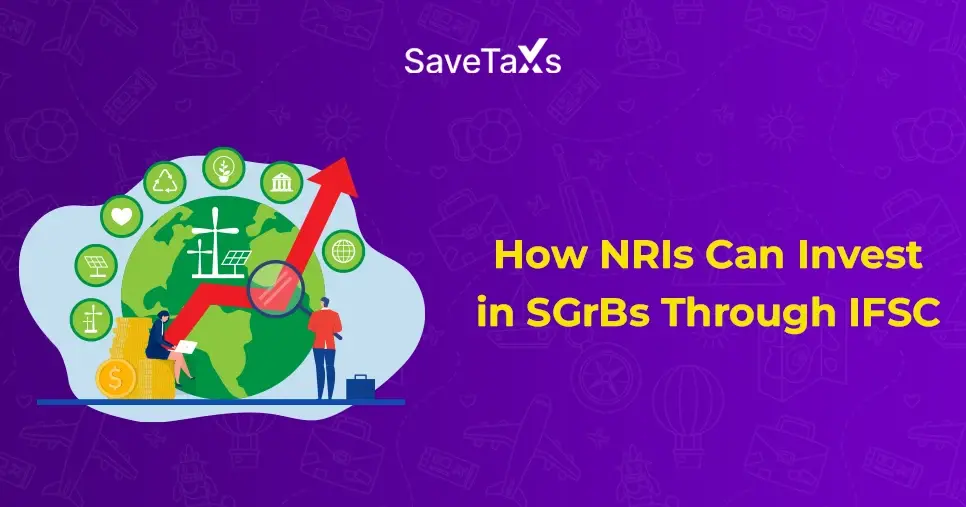
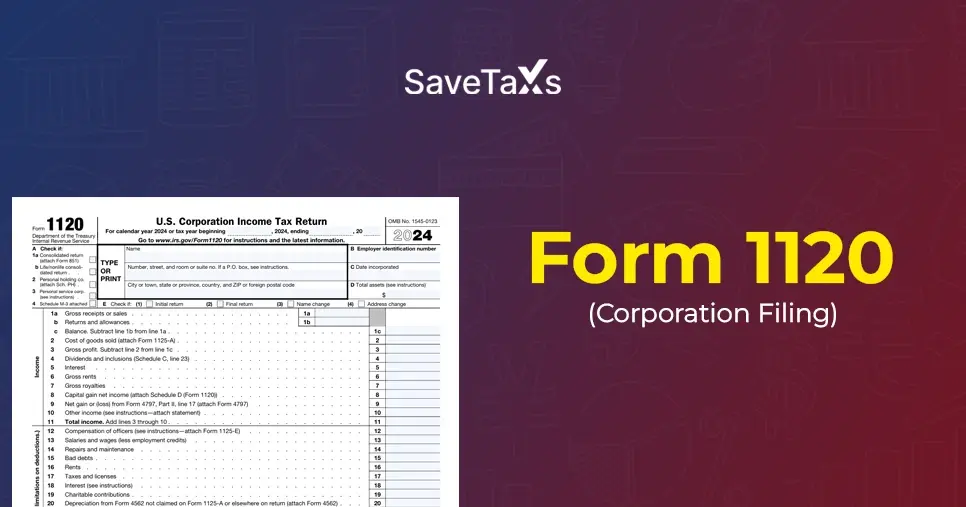
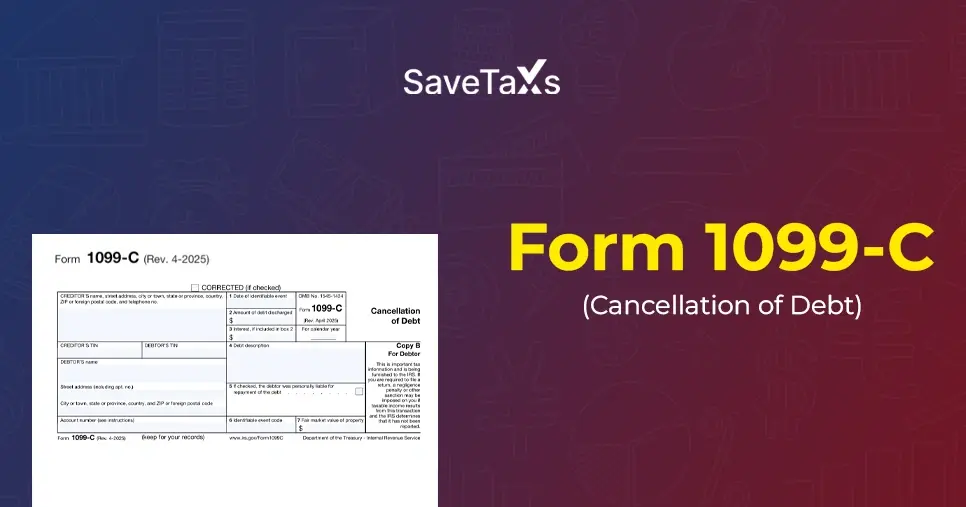
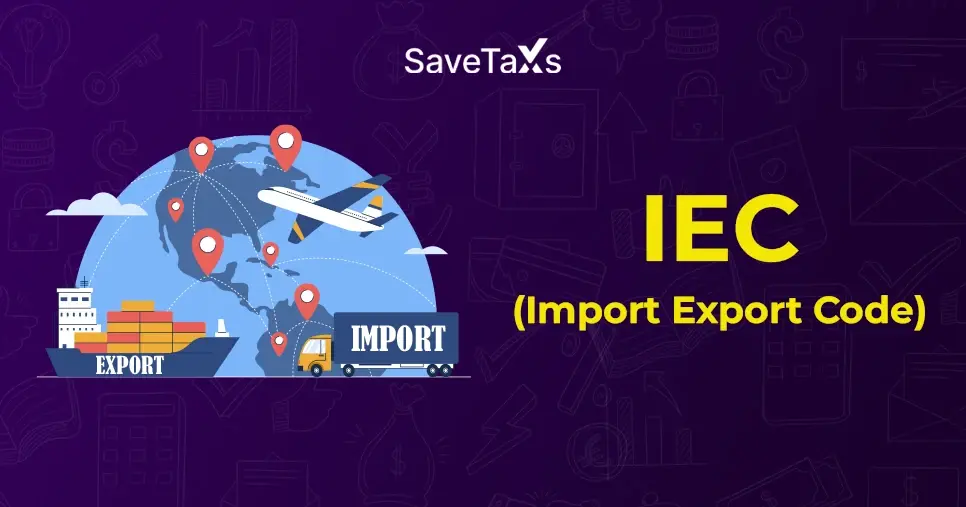
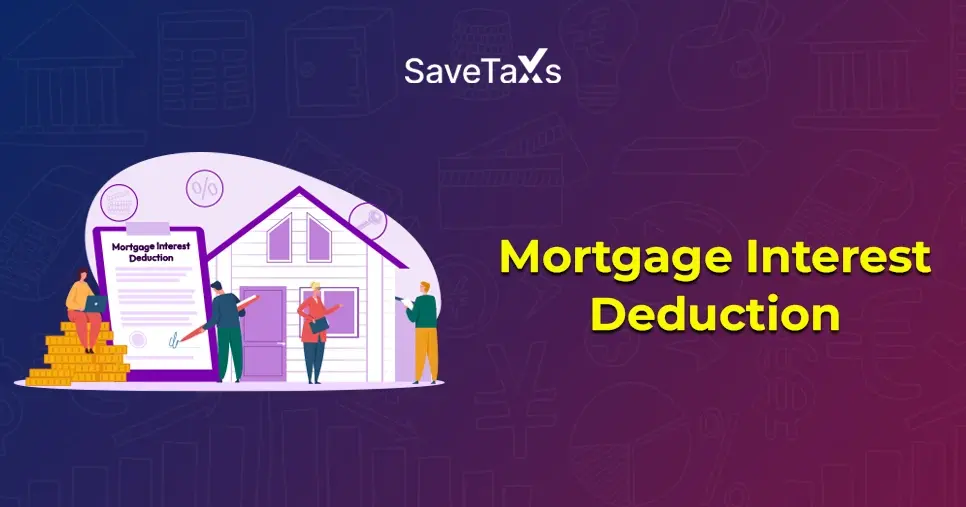
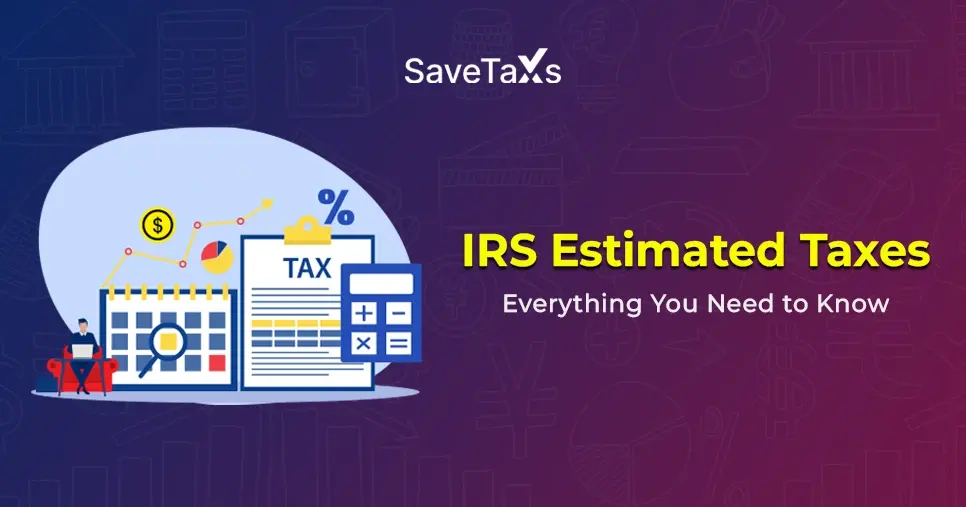
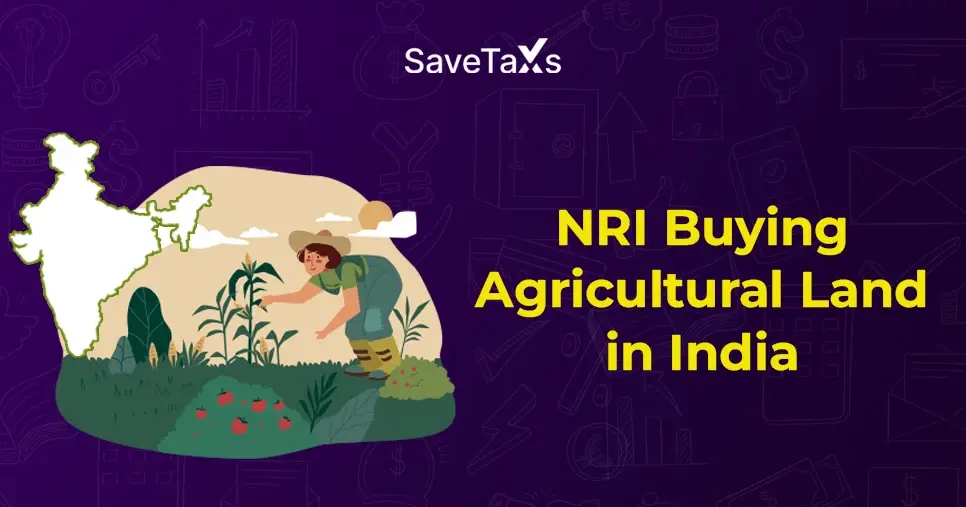
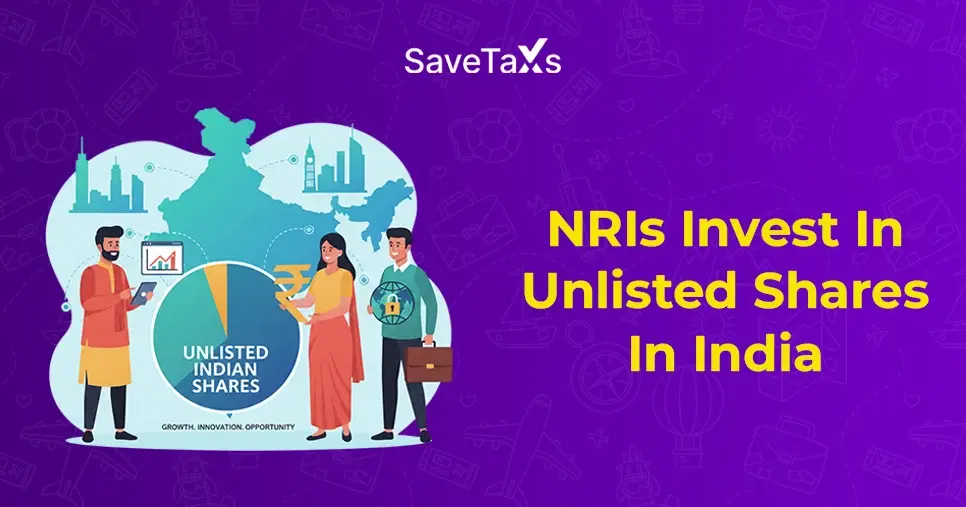
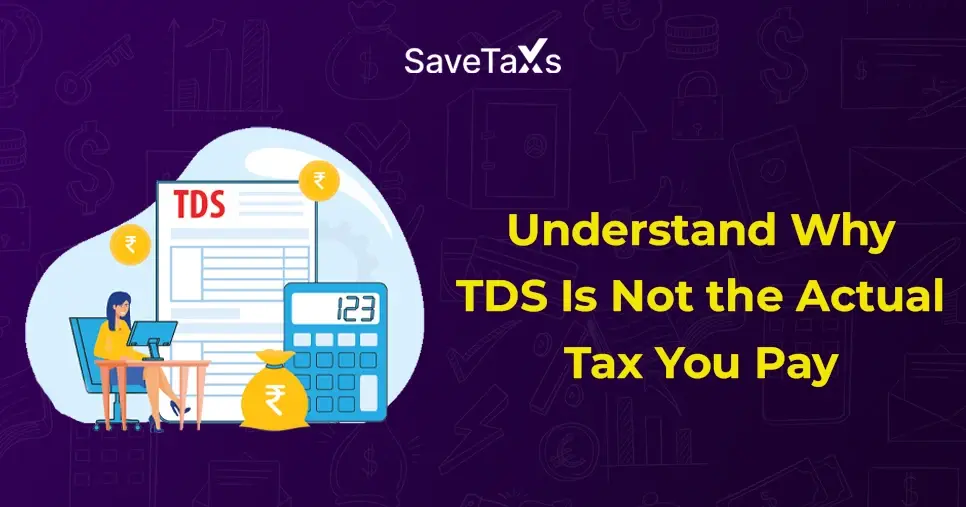
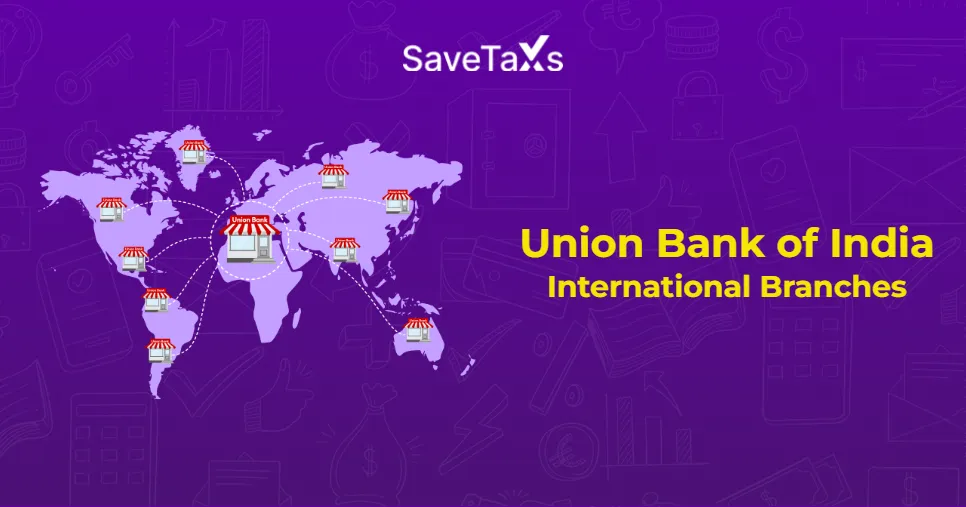
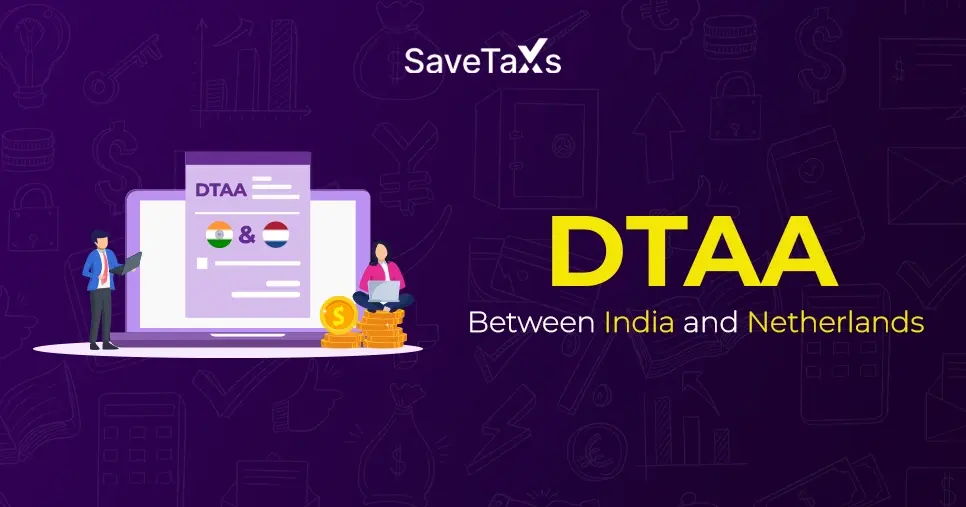
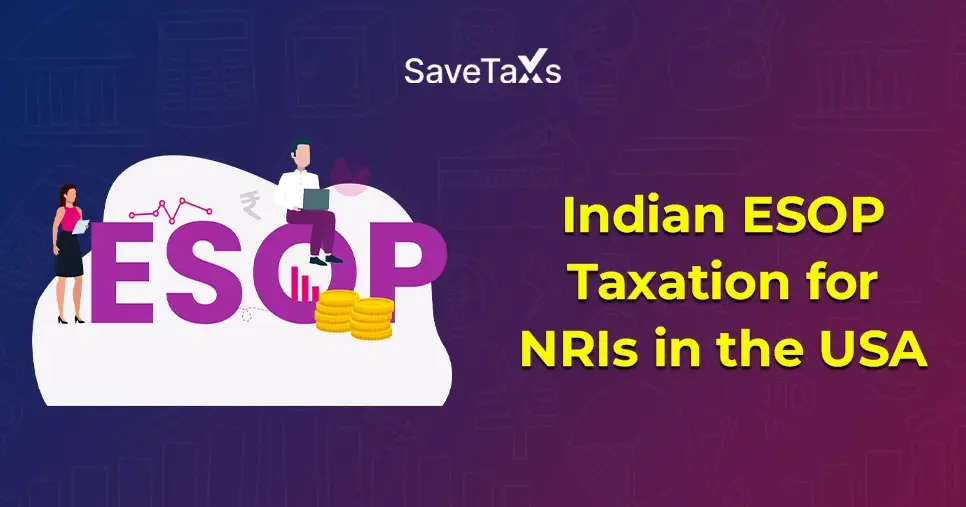
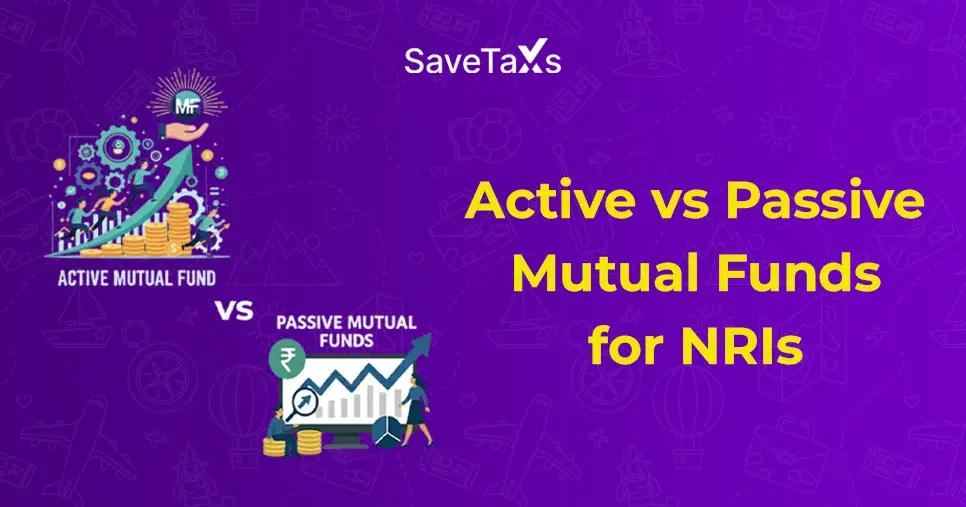
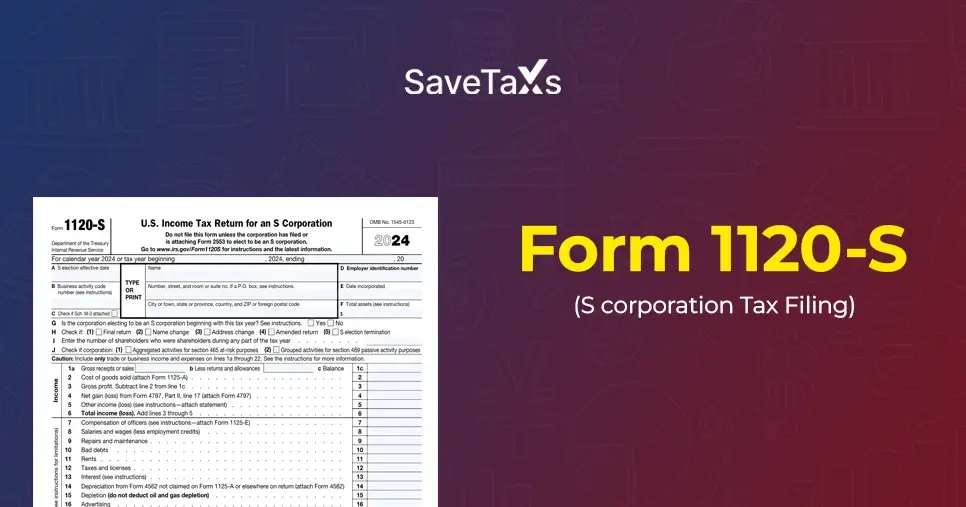
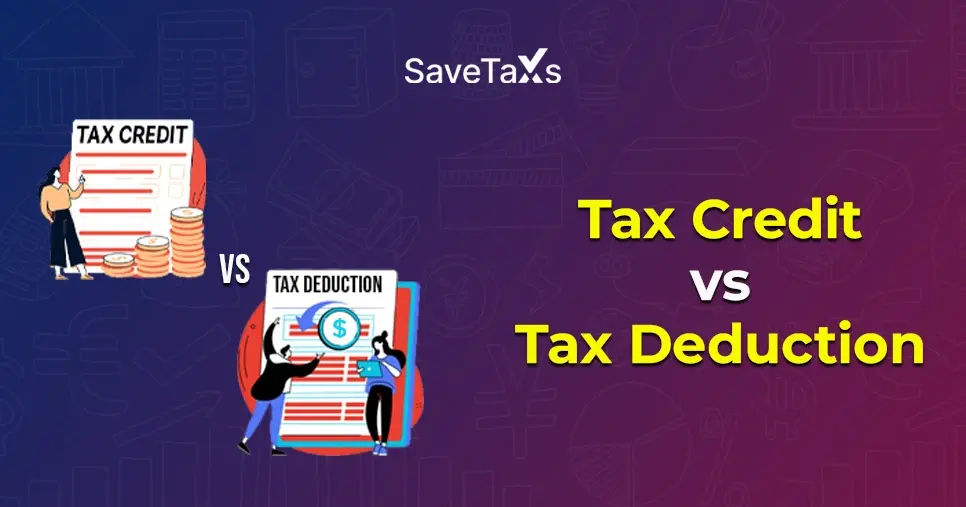
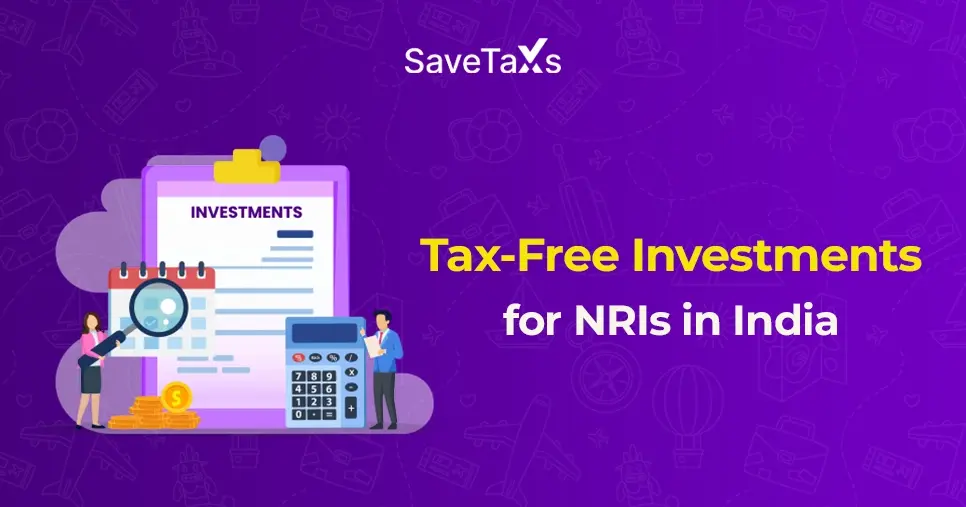
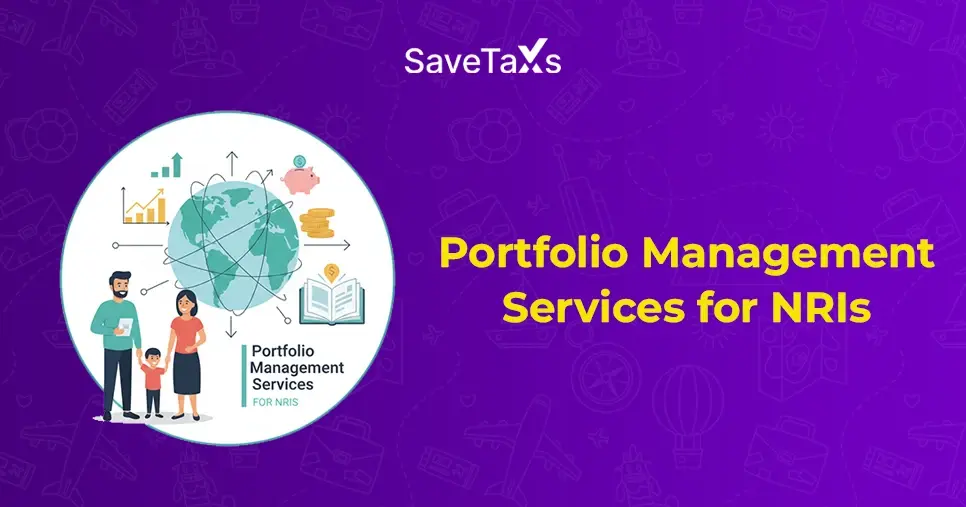
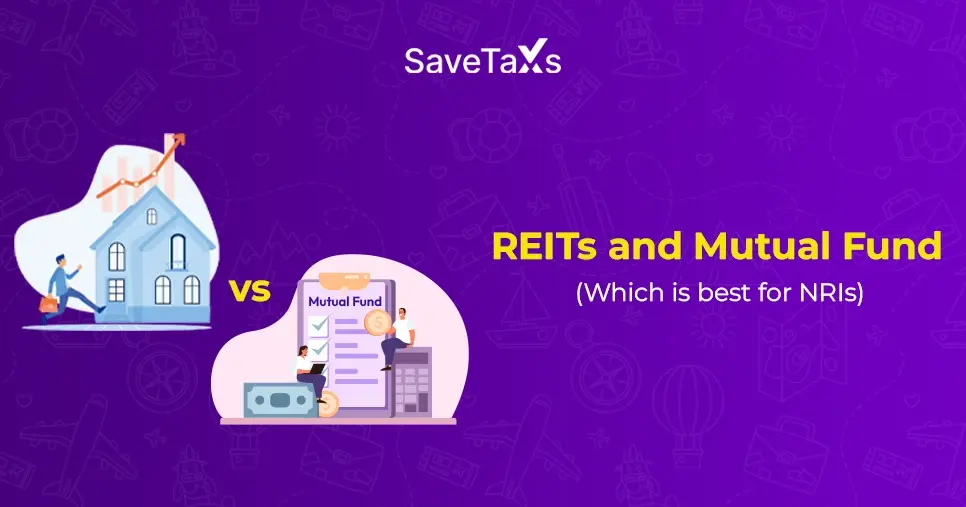
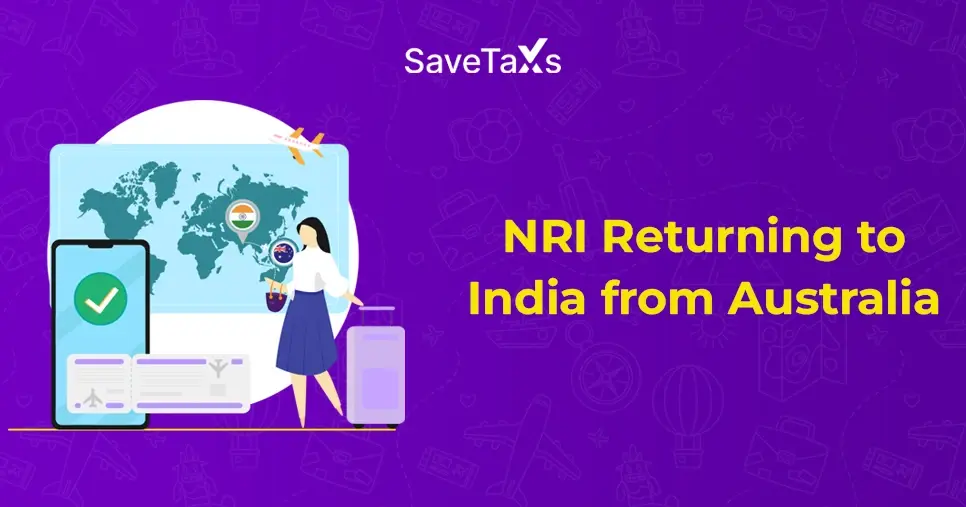
_1754564786.webp)
